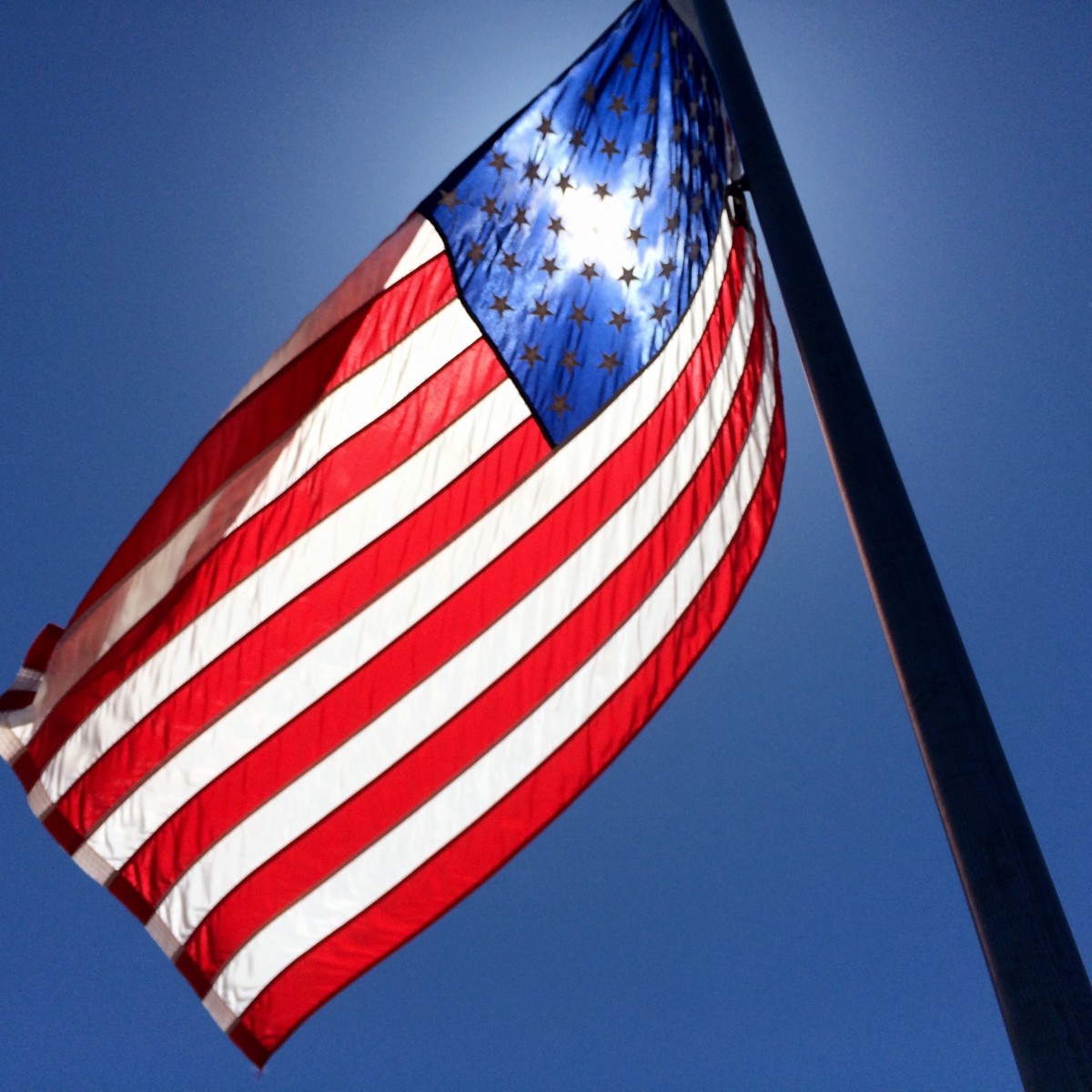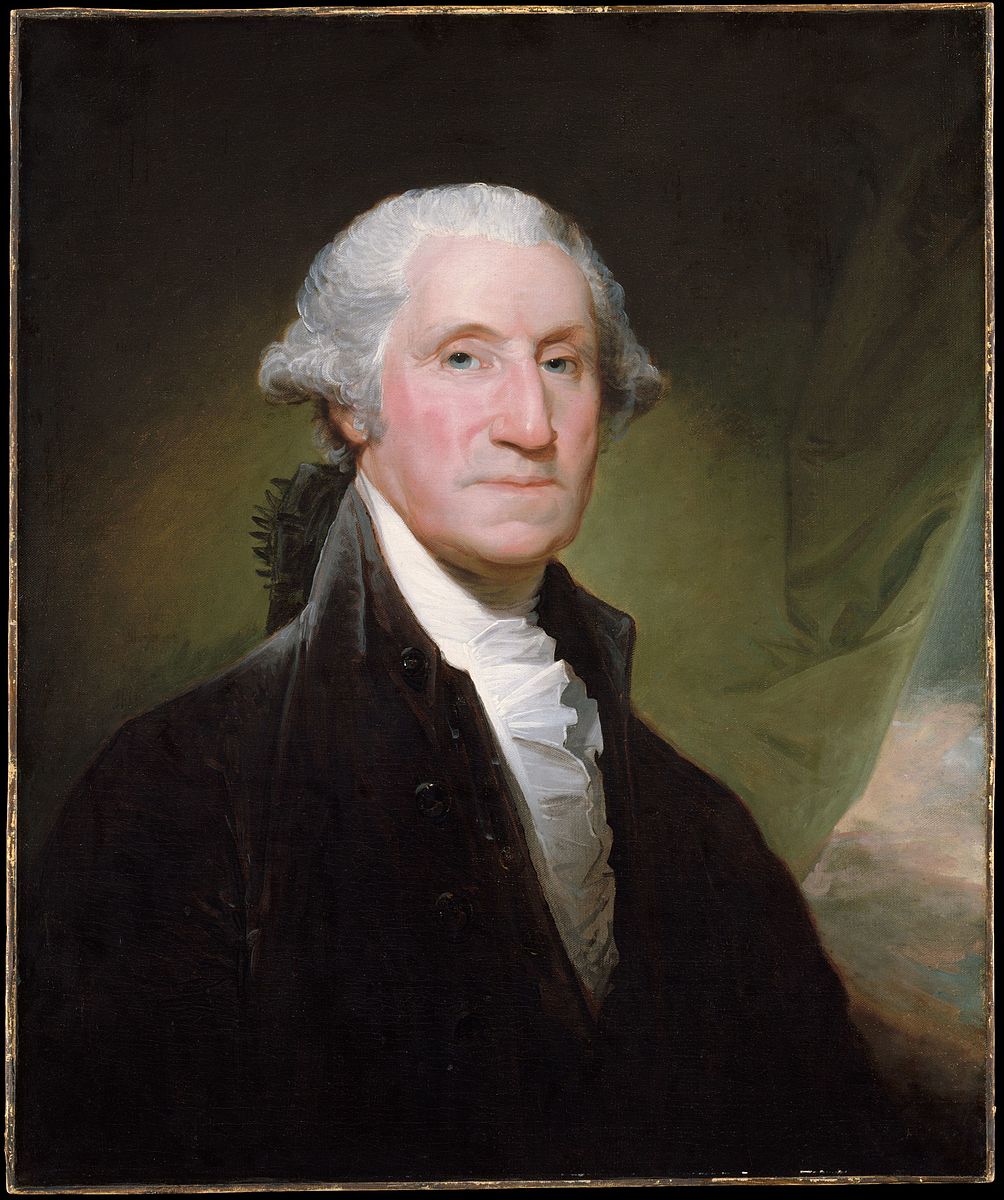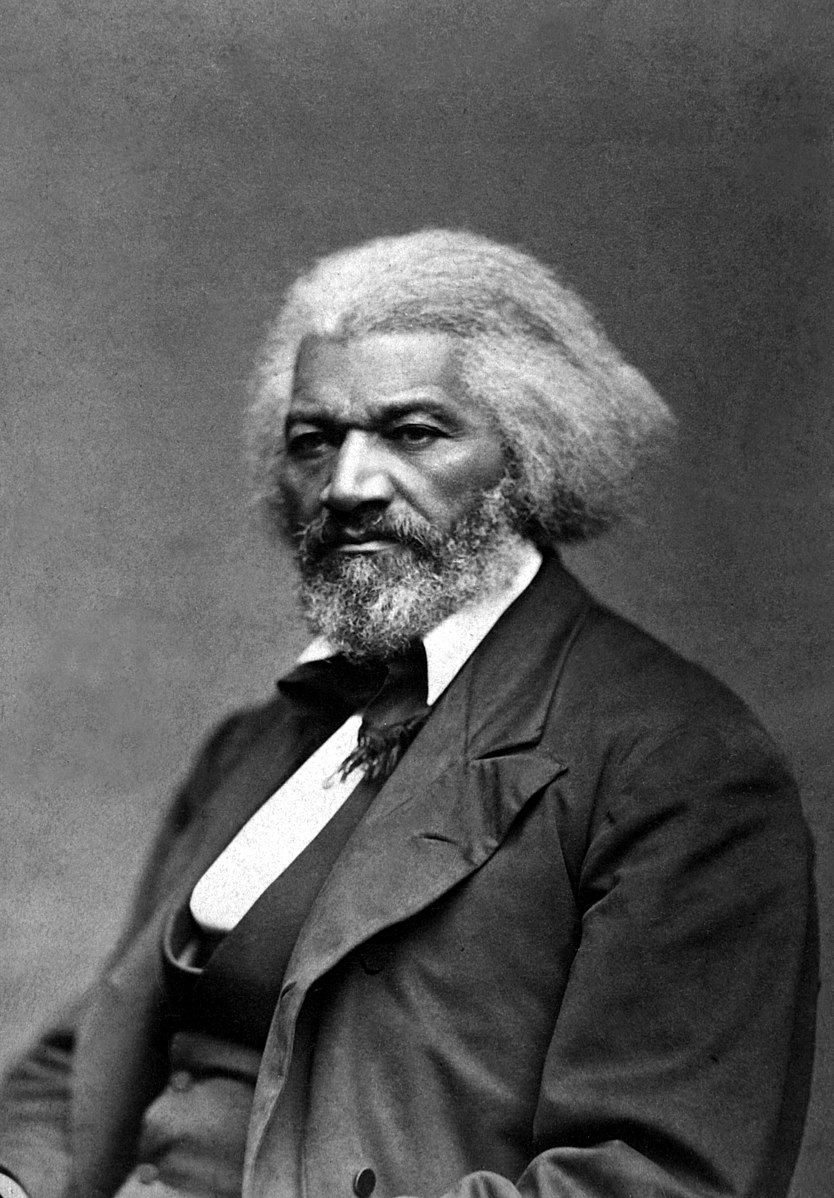Should We Be Celebrating the Founders?: Independence Day & the Sins and Virtues of Our Fathers
 As Independence Day approaches, many in our country face questions about the legitimacy of our country’s founding. Should we celebrate the founders and their vision for the United States this Fourth of July? Or should we condemn them for being slaveholders?
As Independence Day approaches, many in our country face questions about the legitimacy of our country’s founding. Should we celebrate the founders and their vision for the United States this Fourth of July? Or should we condemn them for being slaveholders?
The answers are not straightforward and will not be resolved by toppling statues or misrepresenting the spirit and purpose of the founding. We cannot deny that the founders were flawed human beings. Many of the founders did, indeed, hold slaves. In addition, women were denied political representation and it was several years before the Constitution “remembered the ladies.”
These flaws are most puzzling since they contradict the founders’ basic belief, “that all men are created equal,” and are “endowed by their Creator with certain unalienable Rights, that among these are Life, Liberty and the pursuit of Happiness.”
All things said, our founders, while imperfect, built a framework of government that promises freedom to all citizens, regardless of race or gender. Their vision for our country led to the expansion of freedom, and we can look back to that vision if we seek to undermine tyranny where it still exists.
 In order to limit and eventually demolish slavery, Abraham Lincoln looked back to the Declaration of Independence and other deeds of the founders. As he notes in his Cooper Union Address, at least 20 of the original 39 signers of the Constitution (including George Washington and James Madison) favored enforcement of the Northwest Ordinance of 1787 – a law forbidding slavery in the governance of the developing Northwest Territory.
In order to limit and eventually demolish slavery, Abraham Lincoln looked back to the Declaration of Independence and other deeds of the founders. As he notes in his Cooper Union Address, at least 20 of the original 39 signers of the Constitution (including George Washington and James Madison) favored enforcement of the Northwest Ordinance of 1787 – a law forbidding slavery in the governance of the developing Northwest Territory.
In the end, the founders failed to abolish or even stop the expansion of slavery (as many of them intended). It was only by looking back to the Declaration of Independence that Abraham Lincoln and the framers of the Civil War Amendments were eventually able to reconcile the Constitution with principles of right.
“It was not the mere matter of the separation of the colonies from the mother land; but something in that Declaration giving liberty, not alone to the people of this country, but hope to the world for all future time. It was that which gave promise that in due time the weights should be lifted from the shoulders of all men, and that all should have an equal chance. This is the sentiment embodied in that Declaration of Independence.”
—Abraham Lincoln, Speech at Independence Hall, February 22, 1861
As our country struggles with conflict this Independence Day, let us remember that we must learn from our past, to seek resources for liberty within it, not destroy it.
Want to help the Jack Miller Center transform higher education? Donate today.
Sign up for our newsletter for more stories like this.
Relevant readings from JMC fellows & faculty partners
William Allen, “In Search of Freedom: Slavery and the Principles of the American Founding.” (American Journal of Jurisprudence 28, 1983)
 Mark Boonshoft, “Doughfaces at the Founding: Federalists, Anti-Federalists, Slavery, and the Ratification of the Constitution in New York.” (New York History 93.3, Summer 2012)
Mark Boonshoft, “Doughfaces at the Founding: Federalists, Anti-Federalists, Slavery, and the Ratification of the Constitution in New York.” (New York History 93.3, Summer 2012)
Keith Dougherty, “Slavery in the Constitution: Why the Lower South Occasionally Succeeded atthe Constitutional Convention.” (Political Research Quarterly, 2019)
Keith Dougherty (co-author), “Voting on Slavery at the Constitutional Convention.” (Public Choice 136.3-4, 2008)
Daniel Mahoney, “A Revolutionary Moment?” (Liberty Law Talk, June 18, 2020)
Jeffrey Morrison, “A Second American Revolution? George Washington and the Origins of the Civil War.” (Constitutionalism in the Approach and Aftermath of the Civil War, Fordham University Press, 2013)
Peter Myers, “’A Good Work for Our Race Today’: Frederick Douglass’s Freedmen’s Monument Speech.” (American Political Science Review 104.2, May 2010)
Peter Myers, “Frederick Douglass’s America: Race, Justice, and the Promise of the Founding.” (The Heritage Foundation, January 11, 2011)
 Peter Onuf, Statehood and Union: A History of the Northwest Ordinance. (Indiana University Press, 1987)
Peter Onuf, Statehood and Union: A History of the Northwest Ordinance. (Indiana University Press, 1987)
Thomas West, Vindicating the Founders: Race, Sex, Class, and Justice in the Origins of America. (Rowman and Littlefield, 1997)
Jonathan White, “The First Civil War Monument.” (The Civil War Monitor, May 26, 2014)
Jonathan White, “Let Abraham Lincoln Stand.” (The Hill, June 26, 2020)
Jonathan White (co-author), “What Frederick Douglass Had to Say About Monuments.” (Smithsonian Magazine, June 30, 2020)
![]()
![]() Follow us on Facebook and Twitter for updates about lectures, publications, podcasts, and events related to American political thought, United States history, and the Western tradition!
Follow us on Facebook and Twitter for updates about lectures, publications, podcasts, and events related to American political thought, United States history, and the Western tradition!
Want to help the Jack Miller Center transform higher education? Donate today.
